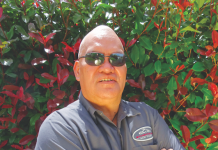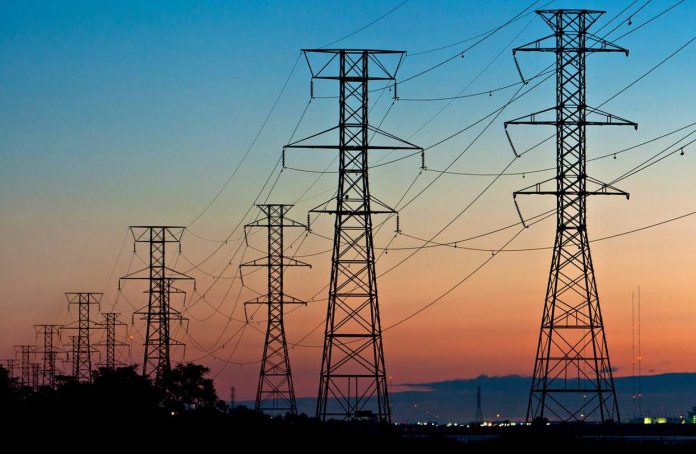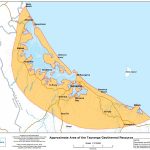Nineteen candidates stood for election to replace three of the Trust’s six trustees who are retiring by rotation from the Tauranga Energy Consumers Trust.
The Trust has had a tumultuous 12 months after trustee’s proposal on the evolution of the Trust was widely opposed by its consumers. Questions are being asked as to why the Trust exists and whether it is really of any benefit to anyone.
The Trust holds almost half of the shares in TrustPower. Consumers, people and companies in the Tauranga area who buy their power from TrustPower can become eligible to receive a pro-rata distribution of annual dividends the Trust receives from TrustPower. The Trust makes this distribution to consumers with 80% of its dividend income and distributes 20% to charitable causes after operational costs including 4 office staff.
There is a suggestion however that TrustPower are charging consumers a premium for their power in Tauranga, which consumers appear to accept on the basis that they receive a share of TrustPower’s profits. But TrustPower also sells power in other regions and in order to be competitive to consumers who cannot be TECT beneficiaries, TrustPower offers power in those regions at a lower price.
Who wins?
Perhaps the most profitable sector of TrustPower’s business is supplying power to those who are TECT consumers, and who pay the higher power prices. TrustPower is considered one of the more profitable power companies in New Zealand. But only 26.8% of this profit flows to TECT. The very profitable utilities investment company which owns the rest of TrustPower surely benefits greatly from this arrangement?
In effect the Trust wanted to ‘buy out’ its consumers, and then distribute all of its income to community charities. Likely, the Trustees were right in concluding that the electricity market will undergo a significant change in market conditions in coming years, and a much wider spread of investments by the Trust would be prudent. So, what was happening? The Trust was trying to buy out its Consumers so that it could become the beneficiary of income from its shares in TrustPower, and any other income earning assets (Tilt Renewables at the time).
If the Trust was offering fair market price, surely the Trust would have debts equalling the value of its share purchases, which may not be resilient. TECT needs to explain to its consumers why, or if it is prudent for its consumers, to continue to hold shares in TrustPower, whether its consumers are getting fair value from TrustPower, and why TECT should continue to exist.




































































